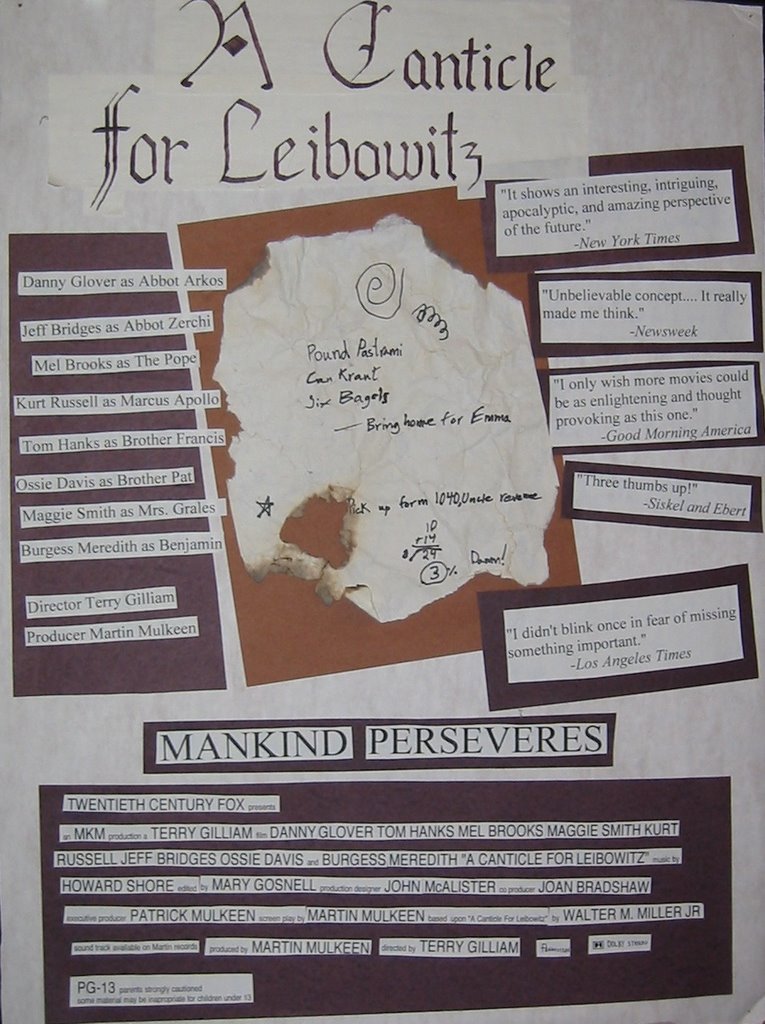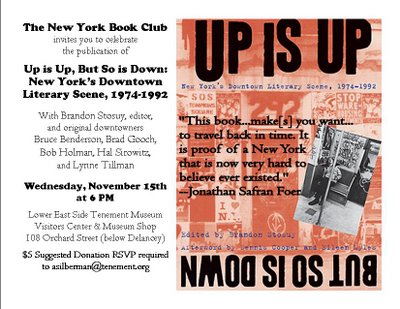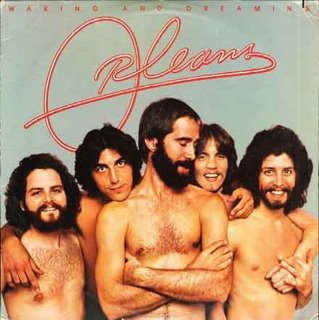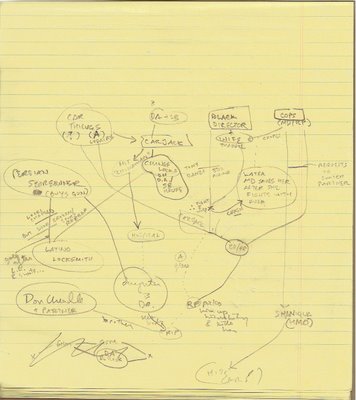1.
Dizzyhead Paul Collins has a great piece up at
Slate called "
Dead Plagiarists Society." Here's a bit of that typical Collins flair:
For any plagiarist living in an age of search engines, waving a loaded book in front of reviewers has become the literary equivalent of suicide by cop.
And there's much more—I especially like the mention of alchemy toward the end, and the idea of long-buried, obscure writers getting a second life (if not on
Second Life) thanks to new literary-detective technologies like Google.
2.
Speaking of long-buried: The piece mentions that
Tristram Shandy's "diatribe against plagiarism...was itself plagiarized" from Burton's
Anatomy (shamelessly...or was this a clever bit of commentary in itself?), and notes, "It's long been known that Poe plagiarized his first book, a hack project titled
The Conchologist's First Book, and that Herman Melville swiped many technical passages of
Moby Dick whole from maritime authors like Henry Cheever."
3.
Conchologist—Poe?!This I didn't know!
On page 313 of
Strong Opinions, Nabokov cites with approval Salinger's
A Perfect Day for Bananafish:
"'Stopping only to sink a foot in a soggy, collapsed castle . . . ' This is a great story, too famous and too fragile to be measured here by a casual conchometrist."
Eh? This fleeting assessment has long gnawed at me, especially
conchometrist, which doesn't pop up in the
OED; surely VN meant
conchologist, someone who studies shells and shellfish. Does
-metrist mean we should pay attention to the meter of the line in question? (How would it "scan"? Does --´--´-´--´--´´- make any sense?)
Or perhaps he wants us to think of a
poem...a poem by—well, subtract the
m: Poe.
Given that
Lolita (especially the first half) is saturated with Poe references (particularly Poe's "Annabel Lee"), doesn't VN's enigmatic comment now underline a link between the Salinger story and his own troubling novel? Thanks to Paul's piece, has this long-buried connection (Salinger-Poe-Nabokov) finally been unearthed?
4.
Finally: Here is the relevant part in "my" piece, "Humbert: An Introduction" (in the Paper That Shall Not Be Named, via
Parkus Grammaticus). The paranoid Mercy Pang (not to be confused with
this Mercy Pang, who I think is a niece) writes (in reference to the Salinger quote):
The castle looms in significance once the image of young Humbert and Annabel comes flickering into view: They pawed each other desperately on that distant beach, where "sometimes a chance rampart built by younger children" granted them "sufficient concealment to graze each other's lips." Is this too-blatant similarity one of the reasons Nabokov seems at a loss for words?
Her ludicrous charge of plagiarism suddenly seems in keeping with Paul's theme, no?
5. Light posting for a while—happy Thanksgiving—and there's a new
New-York Ghost if you want it!












